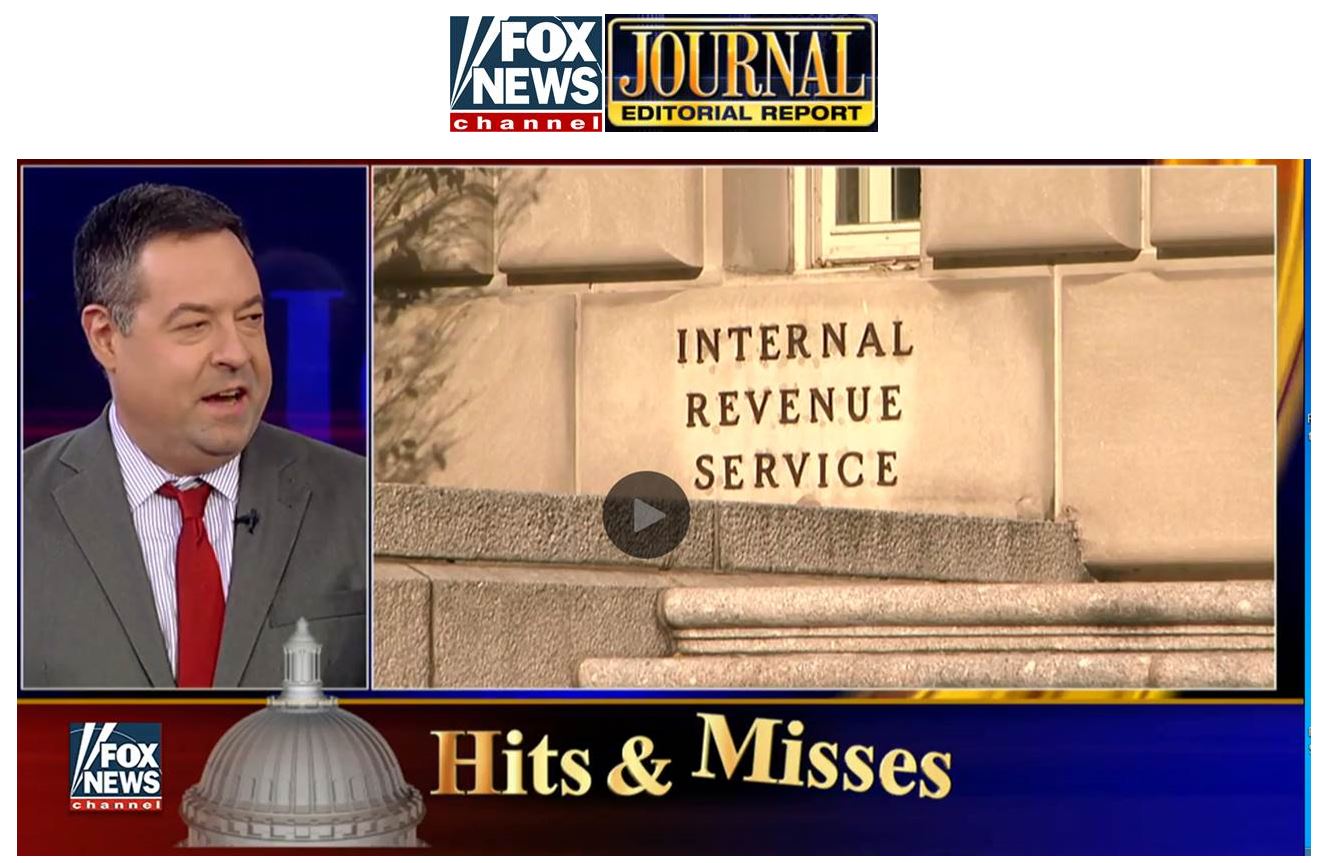Judges refuse to consider legal arguments, but implore Congress to clarify the law about who should pay for at-sea monitors
Washington, D.C. – On Friday, the U.S. First Circuit Court of Appeals upheld the District Court’s ruling last summer that a lawsuit filed by Cause of Action Institute (CoA Institute) on behalf of Plaintiffs David Goethel and Northeast Fishery Sector 13 against the U.S. Department of Commerce should be dismissed.
In its opinion, the Court found that the fishermen’s suit was untimely and therefore did not consider the Plaintiff’s legal arguments that requiring fishermen to pay for monitors is against the law. However, in a rare move, the judges highlighted the devastating economic impacts of the regulation in question, and urged Congress to clarify the law and who should pay for the at-sea monitors.
“I am disappointed by the decision,” Goethel said. “But I’m hopeful that Congress will heed the Court’s direction and clarify the law. It is the government’s obligation to pay for these at-sea monitors. I’ve made a living fishing in New England for more than 30 years and I have never exceeded a single fishing quota. But I can’t afford to fish if I am forced to pay for at-sea monitors. I’m grateful to Cause of Action Institute for bringing this case forward, and I remain hopeful that Congress will clarify the law to ensure the New England groundfishing industry is not regulated out of existence.”
Northeast Fishery Sector 13 Manager John Haran said, “I’m disappointed that timeliness of the case was the Court’s deciding factor and not the merits of our arguments. The fishermen in my sector can’t sustain this industry funding requirement and many will be put out of business if this mandate remains in place.”
Cause of Action Vice President Julie Smith said, “We are disappointed that the First Circuit did not reach the merits of our case. While we respect the opinion of the First Circuit, the federal government is clearly overextending its regulatory power and is destroying an industry. We are considering all of our legal options for judicial review on the merits. We also encourage Congress and the Administration to act swiftly to ensure that these unlawful regulatory costs do not put an end to the tradition of generations of proud fishermen in New England.”
Background:
In December 2015, the Department of Commerce ordered that fishermen who fish for cod, flounder and certain other fish in the Northeast United States not only must carry National Oceanic and Atmospheric Administration (“NOAA”) enforcement contractors known as “at-sea monitors” on their vessels during fishing trips, but must pay out-of-pocket for the cost of those monitors. This “industry funding” requirement would devastate the Northeast fishing industry, at the price of many jobs and livelihoods. The opinion by the First Circuit upholds the lower court’s decision and allows this job-killing mandate to remain in place.
To learn more, visit the Cause of Action Institute website.
For information regarding this press release, please contact Zachary Kurz, Director of Communications at CoA Institute: zachary.kurz@causeofaction.org
